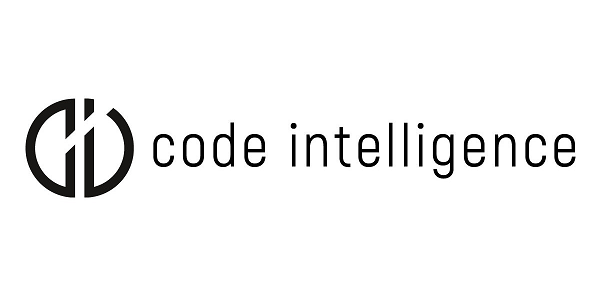Code Intelligence Launches Classic AUTOSAR Simulator for Scalable Testing and Early Detection of Vulnerabilities, Reducing Hardware Dependency in Automotive Testing
Bonn, Germany — October 02, 2024 — Code Intelligence, the pioneer in AI-automated software testing, today announced the launch of its Classic AUTOSAR Simulator. The simulator enables automotive companies developing AUTOSAR applications to test them in a software-in-the-loop manner, uncovering critical vulnerabilities earlier in the testing process without the need for hardware and, thus, saving on the time and costs associated with hardware-in-the-loop testing.
Code Intelligence’s lightweight Classic AUTOSAR simulator allows automotive companies to perform thorough security testing on complete systems such as electronic stability control (ESC), steering, electric parking brakes, park distance control, exterior lights, infotainment, anti-theft systems, remote keyless entry, and more. As a result, companies can identify security vulnerabilities accessible via external channels, such as Bluetooth or other public-facing interfaces, which could be exploited by attackers.
With the AUTOSAR simulator, automotive software developers can perform whitebox fuzz testing as security testing and standard testing techniques, including unit, integration, and end-to-end tests, entirely in software. Testing systems in a software-in-the-loop manner is cheaper, quicker, more scalable, and can be more easily integrated into continuous integration workflows than hardware-in-the-loop testing.
“Code Intelligence’s AUTOSAR Simulator allows us to execute and fuzz code in a software-in-the-loop manner. It automates finding bugs as early as possible and ensures that all delivered components from Tier-2 suppliers don’t contain critical vulnerabilities as buffer overflows,” said Dr. Michael von Wenckstern, Product Cybersecurity Governance, Risk and Compliance Specialist, Continental AG.
“In an era where connected vehicles, efficient and effective security testing is more critical than ever. Traditional hardware-in-the-loop testing methods are often time-consuming and lack scalability. To address these challenges, we developed our classic AUTOSAR simulator, enabling system-level testing for AUTOSAR applications entirely in software. This not only overcomes the limitations of traditional testing but also unlocks powerful automated testing approaches, such as whitebox fuzz testing. The value it brings to our automotive customers is significant: faster development cycles, enhanced security assurance, and the ability to ensure the reliability of complete automotive systems well before they hit the road,” said Khaled Yakdan, Co-Founder and Chief Product Officer, Code Intelligence.
On October 22, Code Intelligence will present its Classic AUTOSAR simulator at the webinar “How to test AUTOSAR applications for security issues and bugs without hardware.” To see the live demo, register here. Learn more about the Classic AUTOSAR simulator by Code Intelligence and its architecture here.
About Code Intelligence
Founded in 2018 in Bonn, Germany, Code Intelligence automates software security testing by leveraging advanced AI to rapidly identify critical bugs and pinpoint their root causes within minutes. On a mission to fully automate the detection and remediation of vulnerabilities, Code Intelligence is at the forefront of the AI-driven security landscape. Code Intelligence is trusted by Google, Continental, Woven by Toyota, Volkswagen’s CARIAD, and Deutsche Telekom, among others.
Media contact: https://www.code-intelligence.com/contact

